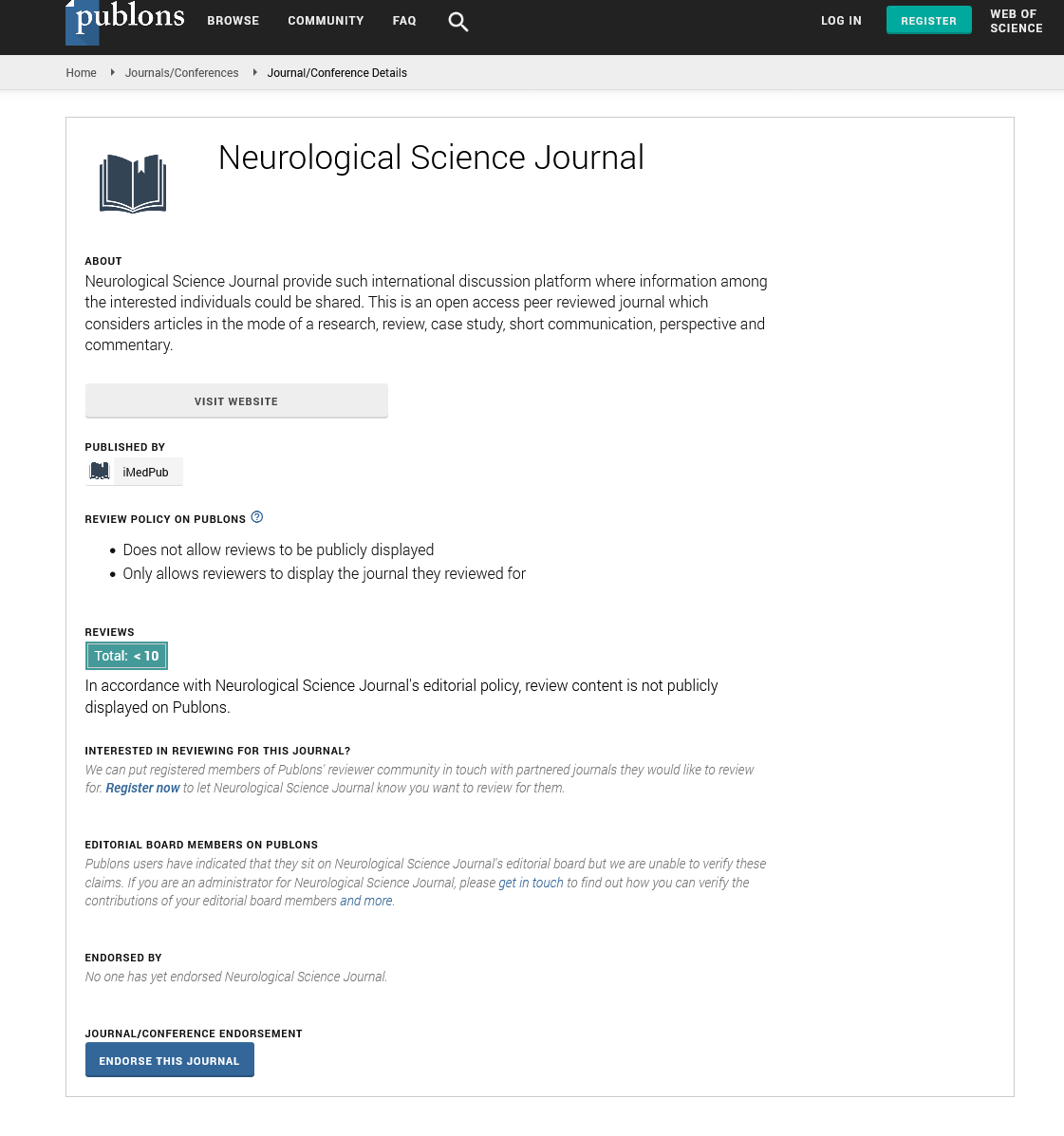Abstract
Social representations of work addiction and the experience of people who suffer from it in the Moroccan context
Depending on the country, between 10 and 20 percent of the active population have a pathological and compulsive relationship with their work (Keown, 2007, p. 28). This research focused on better understanding this phenomenon by exploring the social representation of work addiction of people who say they have suffered or who still suffer from work addiction. 5 participants took part in a survey by semi-directed interviews. More specifically, this research aimed to 1) identify and describe the characteristics of work addiction according to the experience of individuals who suffer from it, in order to apprehend a common sense and grasp the social representation of this phenomenon; 2) contribute to the scientific definition of the phenomenon of work addiction and 3) present the social practices of resilience of individuals with a work addiction according to the social representation of this addiction. According to our results, the social representation of work addiction is shaped by individual experience and work organization. This addiction is represented as a generally positive phenomenon in the workplace and problematic in all other spheres of life. Our study also identified 6 resilience practices of people with a work addiction aiming for a balanced life. These resilience practices testify to the empowerment capacity of these people
Author(s): Jaouad Saidi
Abstract | PDF
Share This Article
Google Scholar citation report
Citations : 11
Neurological Science Journal received 11 citations as per Google Scholar report
Neurological Science Journal peer review process verified at publons
Abstracted/Indexed in
- Google Scholar
- Publons
Open Access Journals
- Aquaculture & Veterinary Science
- Chemistry & Chemical Sciences
- Clinical Sciences
- Engineering
- General Science
- Genetics & Molecular Biology
- Health Care & Nursing
- Immunology & Microbiology
- Materials Science
- Mathematics & Physics
- Medical Sciences
- Neurology & Psychiatry
- Oncology & Cancer Science
- Pharmaceutical Sciences
